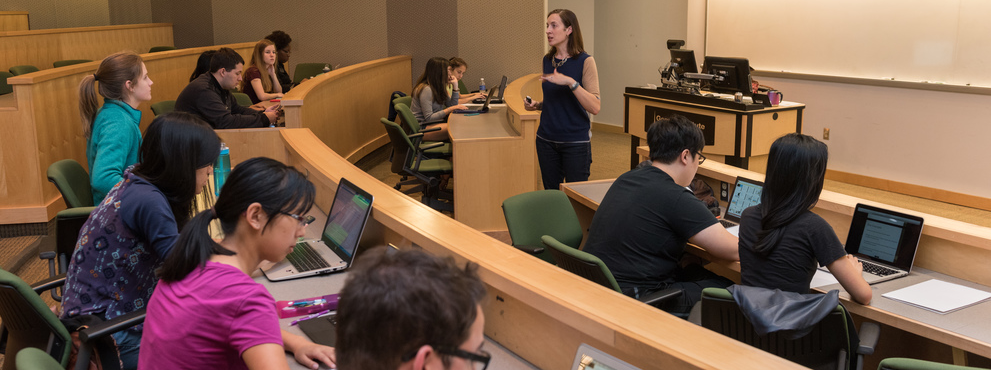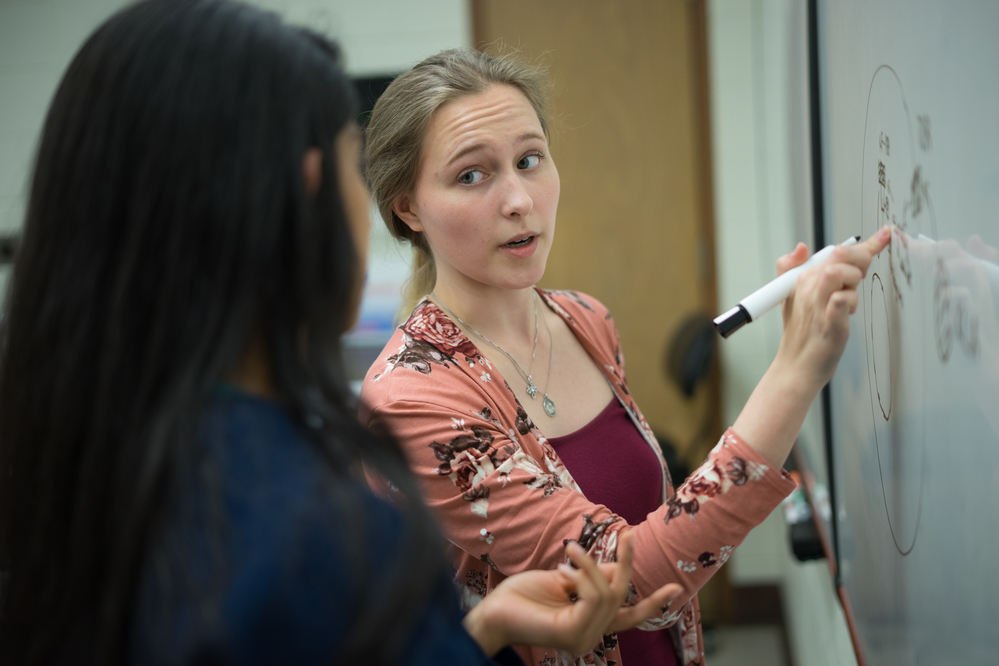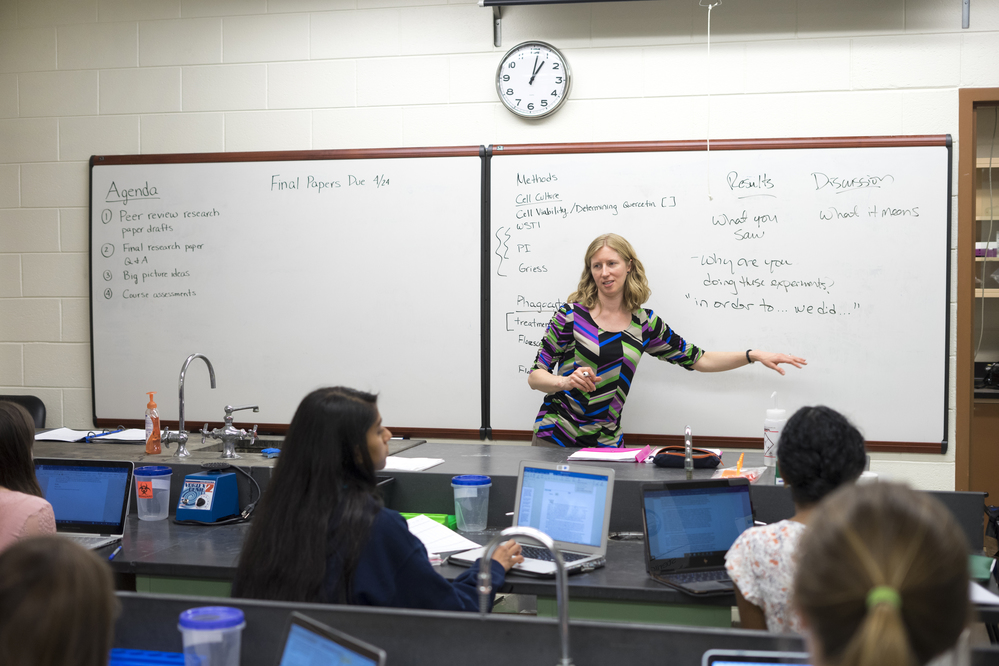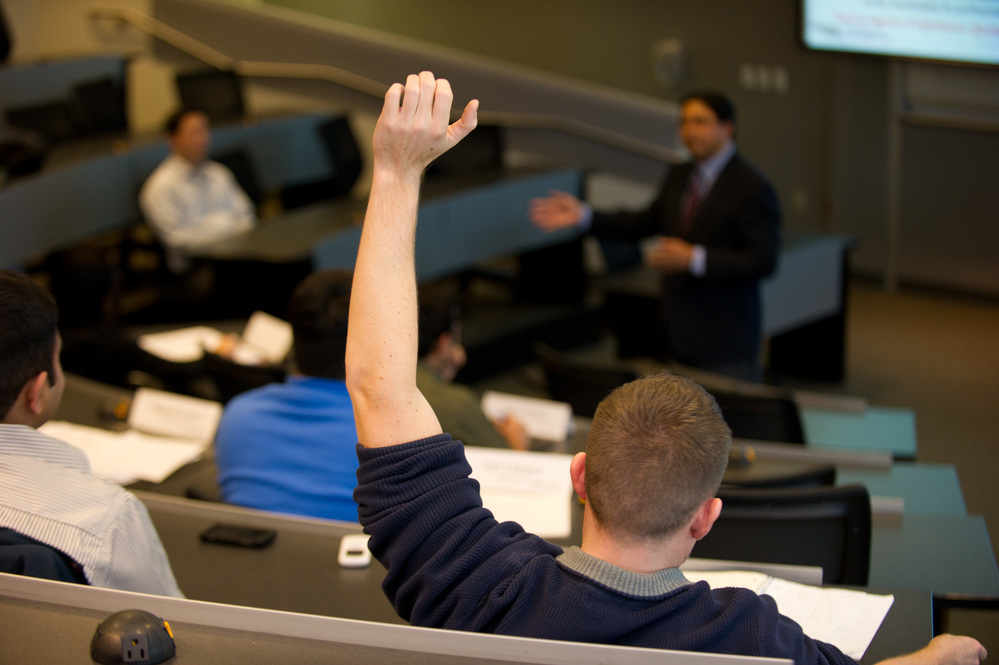
Mission Statement
The Teaching Effectiveness, Advocacy, and Mentoring (TEAM) committee's mission is to foster a robust teaching and mentoring program throughout the College of Sciences while also advocating to the Institute for instructor needs, resources, and support. The committee will also develop and implement a holistic process for evaluating teaching for critical review (tenure-track faculty), third-year review (lecturers), and promotion (all academic faculty). The approach developed will account for faculty contributions to student success activities and better honor the time and effort that College of Sciences faculty devote to the Institute's instructional mission by incorporating student and peer voices and instructor self-reflection.
The TEAM committee recognizes the significance of creating a process and a rubric that can be embraced and endorsed by our colleagues. To achieve this goal, we will adopt an iterative approach, emphasizing continual improvement based on feedback.
Guidelines for Effective Teaching
The TEAM committee's Guidelines for Effective Teaching will serve as a reference for faculty members participating in critical review, third-year review, or the promotion/tenure process in the academic year 2026-27. A condensed version of the Guidelines and a full version both are available for your review.
Faculty joining us in the College of Sciences from the academic year 2024-25 onwards are encouraged to integrate these principles into their pedagogical practices. TEAM committee members are available for consultations to address any inquiries regarding the guidelines and implementation. We are also available to discuss instructional methodologies or any other teaching and learning topic.
Letters to Accompany Review and Promotion Dossiers
Beginning in the 2023-24 academic year, our committee was entrusted with composing letters attesting to the teaching proficiency of faculty undergoing various reviews and those preparing promotion portfolios. A designate committee member will connect with each faculty member in the process.
We developed a holistic approach valuing contributions from students, peers, and instructors themselves. Our evaluation process encompasses:
- Analysis of student evaluation of teaching (CIOS) scores and any other metrics of student voice you would like
- Review of select course materials
- Guided conversations with faculty members exploring objectives, underlying rationales, and educational philosophies
- Classroom observations contextualized by all items listed previously
Assistant Dean for Teaching and Learning Carrie Shepler is available for consultation regarding any teaching and learning matter and serves as the primary point of contact for all matters related to the teaching component of review or promotion. All faculty will be provided with a copy of their letter prior to their School's deadline for submitting review and promotion packages.
Timeline
A member of the TEAM committee typically will contact you approximately one year prior to your materials submission deadline in the first year you are eligible for promotion or about six months prior to a required review (3rd-year review for lecturers and critical review for tenure-track faculty). We like to carry out observations in the semester closest to submission deadlines; however, if you are going to be teaching abroad, have a course release, etc. in that semester then we are happy to do things earlier. However, this means good communication is critical, and this is why we reach out so early.
The workflow for the process and some related notes are available for your review.
We are dedicated continuous improvement of the Guidelines for Effective Teaching and processes through ongoing dialogues within our community.
TEAM Committee Membership
Emily Alicea-Muñoz, School of Physics
Morag Burke, School of Mathematics
Flavio Fenton, School of Physics
Peter Kasson, School of Chemistry and Biochemistry
Harold Kim, School of Physics
Ronghua Pan, School of Mathematics
Pamela Pollet, School of Chemistry and Biochemistry
Stephanie Reikes, School of Mathematics
Joseph Sadighi, School of Chemistry and Biochemistry
Eric Schumacher, School of Psychology
Carrie Shepler, College of Sciences (ex officio)
Martin Short, School of Mathematics
William Stern, School of Psychology
Sven Simon, School of Earth and Atmospheric Sciences
Matthew Torres, School of Biological Sciences
Emily Weigel, School of Biological Sciences
Marc Weissburg, School of Biological Sciences
Samantha Wilson, School of Earth and Atmospheric Sciences
TEAM Teaching Conversations
These are teaching-centered professional development opportunities specifically for CoS faculty (teaching-minded post-doctoral fellows and graduate students are also welcome!). Sessions are informal, and it is fine for folks to come late or leave early. A primary goal is to create community around teaching.
Teaching Conversations Archive





